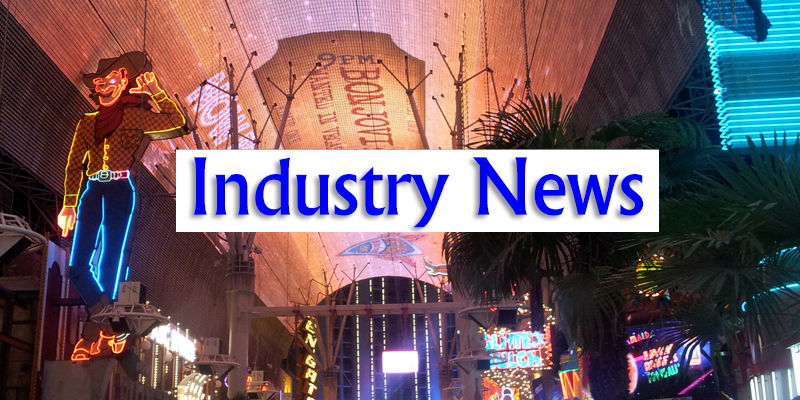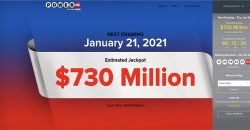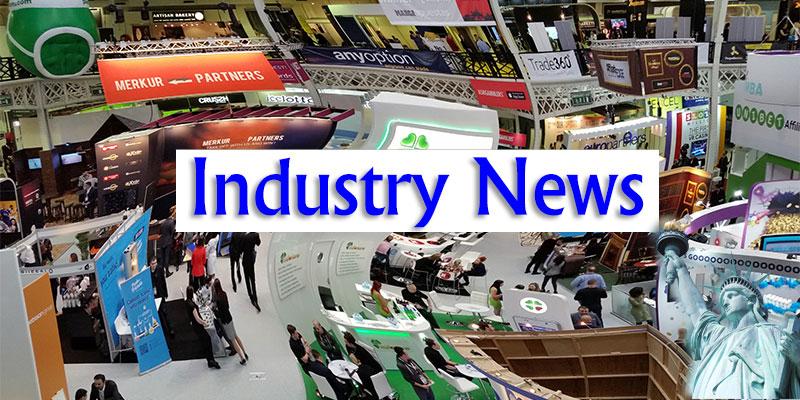With legislation continuing to move forwards in favour of legalizing sports betting in the United States, it should come as no surprise to learn that operators and gambling companies are doing all they can to jump on this potentially huge business opportunity – and Pennsylvania has recently hit the headlines by issuing its first two sports betting licenses.
Gambling licenses in Pennsylvania are issued by the Pennsylvania Gaming Control Board (the PGCB), and two companies; the Park Casino in Bensalem, and the Hollywood Casino in Dauphin Country have recently been awarded sports betting licenses by the regulator.
One of the problems for companies wanting sports betting licenses in Pennsylvania is the large financial cost of applying. At the time of writing, there is a $10m license fee, as well as a 36% tax rate (34% of which goes to the state, with the remaining 2% being distributed amongst local governments).
Despite this cost, the PGCB has already received 5 applications for a sports betting license – and the three applications which are yet to be reviewed by the board are from Harrah’s Philadelphia Casino and Racetrack in Chester, the SugarHouse Casino in Fishtown, and the Rivers Casino in Pittsburgh.
The Control Board is next set to meet on the 31st of October, and during this meeting they’ll review the three remaining applications. It’s likely, however, that the board will approve the licenses.
Indeed, Pennsylvania aren’t the only state looking towards regulating new forms of sports betting, with Delaware, New Jersey, Mississippi and West Virginia also all looking at beginning to regular sports betting wagering.
This is all thanks to the recent repeal of the Professional and Amateur Sports Protection Act – which had effectively made sports betting illegal throughout the United States up until the legislation was scrapped in May of 2018.
One of the interesting things about companies applying for licenses in Pennsylvania, however, is the extraordinarily high cost of acquiring a license – and some smaller operators are already calling the high cost unfair and unjustified. They claim that the $10m license fee allows larger casinos to acquire a license – while smaller joints are unable to do so, due to the high costs involved.
Whether the PGCB will look to move to a fairer system in future remains to be seen – but it’s worth noting that the 36% taxation rate is also far-higher than most states currently regulating sports betting. For example, New Jersey’s taxation rate for sports betting in casinos in just 8.5% – more than four times cheaper than Pennsylvania’s – so it will be interesting to see if many more companies choose to fork out the hefty sum to become licenses in the state.




